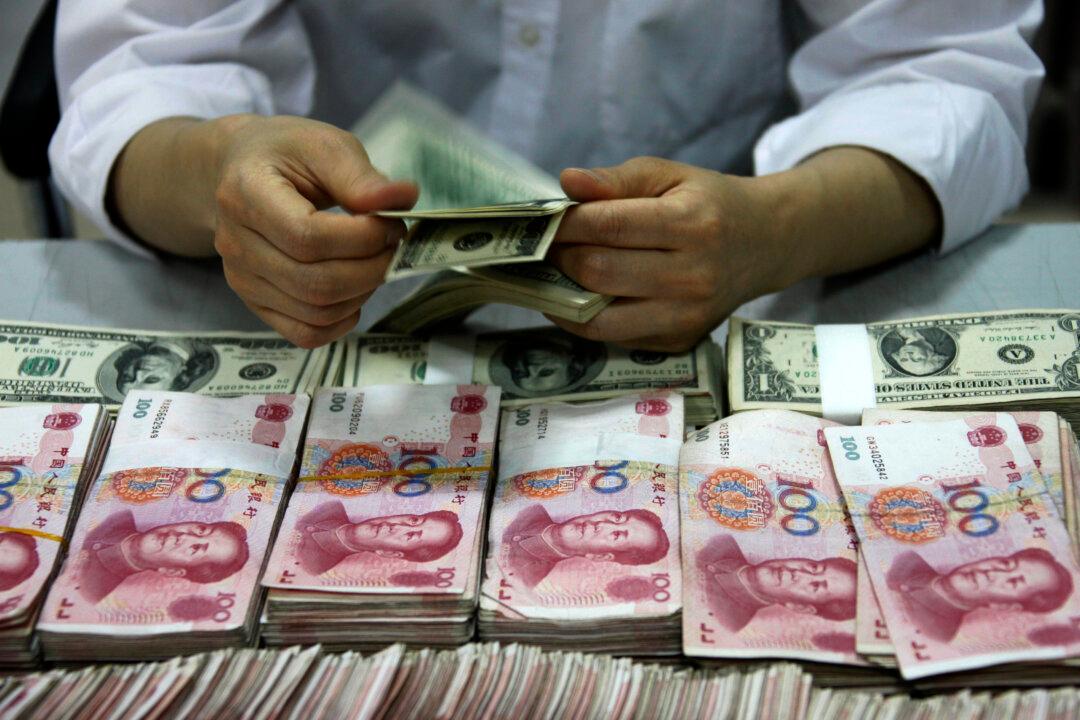U.S. Treasury yields jumped during the month of February, largely due to robust domestic economic indicators. But another key driver, though little noticed, could lie in China’s increased divestment of Treasuries.
Yields rose 21 percent since Jan. 31 on 30-year Treasury bonds, from 225 to 273 basis points on Feb. 20. The change was more pronounced for 10-year notes, whose yields rose 26.8 percent during the same time. Bond yields move inversely with prices, which means that Treasury prices fell during this period.
Many factors can affect Treasury prices, and this month’s move is no different. U.S. employment figures have steadily risen, and a confident stock market has shifted investor money from Treasuries to riskier asset classes both domestically and abroad. New corporate debt issuances from technology giants Apple Inc. and Microsoft Corp. this month have also attracted capital away from government bonds.
Another reason could be China’s recent selling of U.S. Treasuries.
January figures from the Federal Reserve won’t arrive for another month or so, but recent trends show that The People’s Bank of China (PBOC) has been steadily selling its massive holdings of U.S. bonds.
Last week, the Fed released its Treasury International Capital (TIC) report for the second half of 2014, which shows net Treasury movements of foreign central banks. The PBOC sold around $69 billion in Treasuries and agency bonds in the third and fourth quarters of 2014, shaving around 5 percent of its total bond holdings.
So what does this mean? Typically, as Treasury yields (rates) go up, interest rates on other fixed income assets also rise. Treasuries are generally considered to be “riskless,” so riskier assets must return a greater yield to attract investors.





